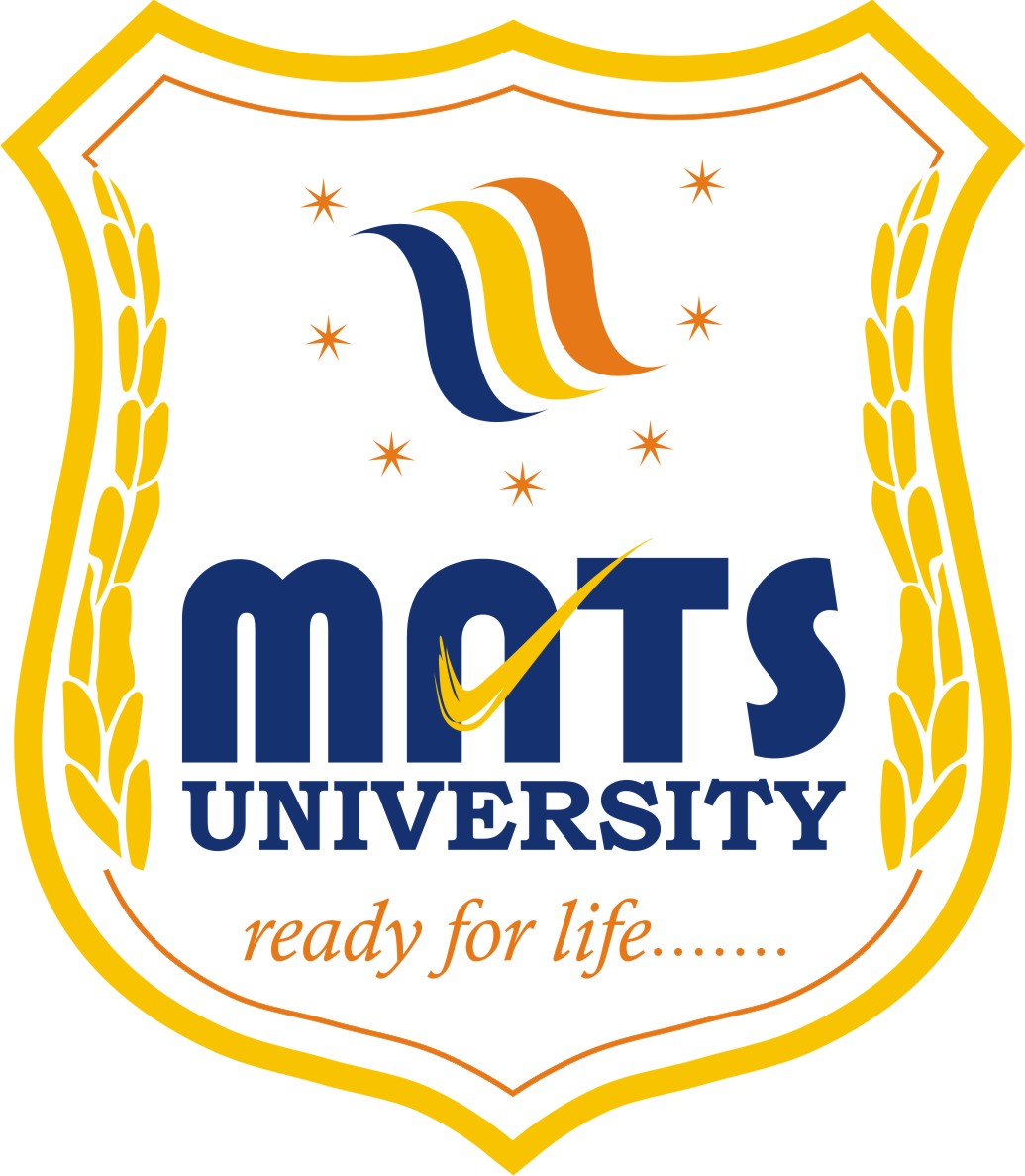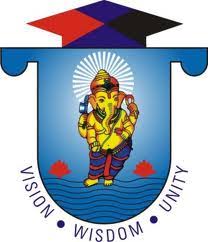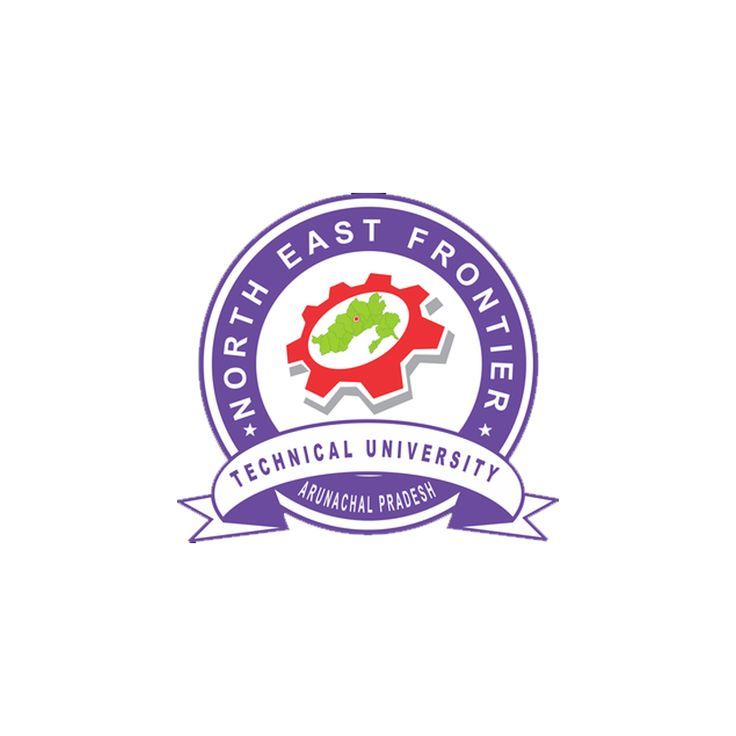NTT Admission 2024-25 - Shikshaglobe

NTT Admission
Apply Now for One Year NTT Nursery Teacher Training Diploma Course 2024-25 Session. (clikc here)
The Nursery Teacher Training NTT route is a degree route for folks who need to train and whole the nursery degree or pre-number one-degree students. After finishing this route, applicants are educated in regions including infant training, coaching method, nursery degree, preschool topics, and communication. If you furthermore may need to make your destiny withinside the subject of training then you may do Nursery Teacher Training Diploma Course. You have to observe earlier than the ultimate date of admission, in order that your admission isn't always lost. If you need to get any facts associated with Nursery Teacher Training Diploma Admission or you've got any questions, then you may without delay name at the range given under or fill the inquiry form. On doing the nursery trainer route with the aid of using us, you may be furnished with route-associated examine fabric and sometimes you may be furnished facts and assistance associated with the route.
Read More: NTT
The Importance of NTT Admission in Today's World
In today's fast-paced and competitive world, early childhood
education forms the foundation of a child's learning journey. NTT Admission
plays a vital role in preparing aspiring educators to cater to the needs of
young learners effectively. It equips them with the necessary knowledge,
skills, and pedagogical techniques required to create a nurturing and
stimulating environment for children's holistic development.
Exploring Different Types of NTT Admission
NTT Admission programs come in various forms to cater to the
diverse needs of individuals interested in pursuing a career in early childhood
education. Some popular types include:
1. Full-Time NTT Programs
Full-time NTT programs are comprehensive courses that
provide in-depth theoretical knowledge and practical training in areas such as
child psychology, curriculum planning, teaching methodologies, and classroom
management. These programs typically span one to two years, enabling students
to develop a strong foundation in early childhood education.
2. Part-Time NTT Programs
Part-time NTT programs offer flexibility to individuals who
wish to pursue NTT Admission while managing other responsibilities. These programs
often target working professionals or individuals with time constraints.
Although the duration may be longer than full-time programs, they provide an
opportunity for career advancement without disrupting one's current
commitments.
3. Online NTT Programs
With the advent of technology, online NTT programs have
gained popularity. These programs offer convenience and accessibility to
learners who are unable to attend traditional brick-and-mortar institutions.
Online NTT programs provide flexibility in terms of study schedules and enable
students to acquire the necessary knowledge and skills through virtual
classrooms and interactive learning platforms.
Benefits of Pursuing NTT Admission
Pursuing NTT Admission offers numerous benefits for aspiring
educators. Let's take a closer look at some of them:
1. Enhanced Teaching Skills
NTT programs focus on developing teaching skills that are
specific to early childhood education. Through a combination of theoretical
learning and practical training, students acquire the ability to create
engaging lesson plans, implement effective teaching strategies, and manage
diverse classroom environments.
2. Better Understanding of Child Development
NTT Admission equips educators with a deep understanding of
child psychology and development. They learn how to assess and cater to the
unique needs of children, fostering their cognitive, emotional, and social
growth during the crucial early years.
3. Increased Employment Opportunities
For NTT Admission & Counselling Call @ 9392600040
Completing NTT Admission opens up a wide range of employment
opportunities in the field of early childhood education. Preschools, nurseries,
kindergartens, and other educational institutions actively seek qualified NTT
professionals to lead their classrooms and provide quality education to young
learners.
4. Holistic Approach to Education
NTT programs emphasize a holistic approach to education, focusing on the overall development of children. Educators trained through NTT Admission understand the importance of incorporating art, music, physical activities, and play-based learning to create a well-rounded educational experience for young learners.
Continue Reading: NTT Admission
How NTT Admission Enhances Professional Development
NTT Admission serves as a stepping stone for educators to
enhance their professional development. It equips them with the necessary
skills to excel in their careers and contribute significantly to the field of
early childhood education. Here are some ways NTT Admission enhances professional
development:
1. Specialization in Early Childhood Education
By pursuing NTT Admission, educators gain specialized
knowledge in early childhood education. This expertise sets them apart from
other educators and positions them as specialists in the field. The in-depth
understanding of child development and teaching methodologies allows NTT
professionals to provide high-quality education and create a positive impact on
children's lives.
2. Continuous Learning and Upgradation
NTT programs foster a culture of continuous learning and
professional growth. Educators are encouraged to stay updated with the latest
research, trends, and innovations in early childhood education. This commitment
to ongoing learning ensures that NTT professionals are equipped with the
knowledge and skills needed to adapt to evolving educational landscapes.
3. Networking Opportunities
During NTT Admission, educators have the opportunity to
connect with fellow professionals, mentors, and experts in the field.
Networking enables the exchange of ideas, collaboration, and sharing of best
practices, further enriching their professional development journey.
The Role of NTT Admission in Career Advancement
NTT Admission plays a pivotal role in career advancement for
educators. It provides a strong foundation and a recognized qualification that
opens doors to various career opportunities. Educators who have completed NTT
Admission can progress in their careers in the following ways:
1. Lead Teacher or Coordinator
With NTT Admission, educators can take up leadership positions within educational institutions. They can become lead teachers or coordinators, responsible for overseeing curriculum development, mentoring other educators, and ensuring the smooth functioning of the early childhood education programs.
Read Also: NTT Admission Date
2. Curriculum Developer
NTT professionals can contribute to the field by becoming
curriculum developers. They can utilize their expertise to design age-appropriate
curriculum frameworks, educational materials, and teaching resources that align
with the latest research and educational standards.
3. Education Consultant
Experienced NTT professionals can venture into the role of
an education consultant. They can provide guidance and support to schools,
institutions, and policymakers in developing effective early childhood
education programs and policies.
Choosing the Right Education Course for Your Goals
When considering NTT Admission, it is essential to choose the
right education course that aligns with your goals and aspirations. Here are a
few factors to consider:
- Accreditation:
Ensure that the education course you choose is accredited by a recognized
authority. This accreditation ensures that the program meets the required
standards of quality education.
- Curriculum:
Evaluate the curriculum of the course and ensure that it covers all the
essential aspects of early childhood education. Look for a curriculum that
includes practical training, hands-on experiences, and opportunities for
observation and reflection.
- Faculty
and Resources: Research the faculty members and resources available in the
institution offering the education course. Experienced faculty members and
access to modern teaching resources can greatly enhance your learning
experience.
- Placement
Opportunities: Inquire about the placement opportunities provided by the
institution. Look for institutions that have collaborations with reputed
educational organizations, as this can significantly increase your chances
of securing a job after completing the program.
Choosing the right education course sets the stage for a
successful career in early childhood education and maximizes the benefits of
NTT Admission.
Online vs. Traditional NTT Admission: Pros and Cons
As technology continues to transform the education
landscape, prospective NTT students have the option to choose between online
and traditional modes of learning. Let's explore the pros and cons of each:
Online NTT Admission
Pros:
- Flexibility
in terms of study schedule and location
- Access
to a wide range of online resources and interactive learning platforms
- Opportunity
to connect with educators and students from diverse backgrounds
Cons:
- Limited
face-to-face interaction with peers and faculty members
- Requires
self-discipline and motivation to stay on track with coursework
- Reliance on technology and stable internet connection
Learn More: NTT Admission Date
Traditional NTT Admission
Pros:
- In-person
interaction with peers and faculty members
- Hands-on
experience in real classroom settings
- Immediate
clarification of doubts and queries
Cons:
- Fixed
schedules that may not accommodate other commitments
- Geographical
limitations in terms of accessing specific institutions
- Limited
flexibility for individuals with busy lifestyles
When deciding between online and traditional NTT Admission,
individuals should assess their personal preferences, learning style, and
lifestyle commitments to make an informed choice.
The Future of NTT Admission: Trends and Innovations
The field of early childhood education is constantly
evolving, driven by emerging trends and innovations. Here are a few key trends
that shape the future of NTT Admission:
- Technology
Integration: The integration of technology, such as interactive learning
platforms, virtual reality, and augmented reality, will enhance the
learning experience for NTT students and young learners alike.
- Inclusive
Education: NTT programs are increasingly focusing on inclusive education,
aiming to cater to the diverse needs of all children, including those with
disabilities or special educational needs.
- Multilingual
Education: With globalization, there is a growing demand for NTT
professionals who can provide multilingual education. The ability to teach
in multiple languages opens up new opportunities in diverse cultural
settings.
- Emphasis
on Play-Based Learning: Play-based learning approaches are gaining
prominence in early childhood education. NTT programs are incorporating
methodologies that emphasize the importance of play and its role in
children's overall development.
As NTT programs adapt to these trends and innovations, they
ensure that educators are equipped with the skills and knowledge needed to
thrive in the evolving educational landscape.
The Impact of NTT Admission on Student Success
NTT Admission plays a significant role in shaping the future
of young learners. The impact of quality early childhood education, facilitated
by NTT professionals, extends far beyond the classroom. Here are a few ways NTT
Admission positively influences student success:
- Cognitive
Development: NTT professionals create an environment that stimulates
cognitive development, fostering critical thinking, problem-solving, and
creativity in children from an early age.
- Social
and Emotional Growth: NTT educators focus on nurturing social and
emotional skills, helping children develop empathy, teamwork, and
resilience. These skills are vital for building positive relationships and
adapting to new environments.
- Language
and Communication Skills: Through NTT programs, educators enhance
children's language and communication abilities. They provide
opportunities for language-rich experiences, vocabulary development, and
effective communication strategies.
- School
Readiness: NTT professionals prepare children for a smooth transition to
formal schooling. They equip them with foundational skills, including
early literacy and numeracy, ensuring that children are well-prepared for
the next stage of their educational journey.
The impact of NTT Admission on student success extends beyond early childhood. It sets a strong foundation for lifelong learning and shapes the trajectory of children's academic and personal growth.
Read On: Certificate Course in Post Colonial Literature Studies Course Admission
Addressing the Challenges of NTT Admission and Finding
Solutions
NTT Admission, like any educational pursuit, comes with its
share of challenges. It is important to address these challenges and find
suitable solutions to ensure the efficacy of NTT programs. Here are a few
common challenges and their potential solutions:
- Limited
Awareness: Many individuals may not be aware of the benefits and
opportunities associated with NTT Admission. Increasing awareness through
targeted campaigns and informative resources can address this challenge.
- Funding
Constraints: Financial constraints may hinder individuals from pursuing
NTT programs. Offering scholarships, grants, or flexible payment options
can make NTT Admission more accessible and affordable.
- Quality
Assurance: Ensuring the quality of NTT programs is crucial. Accreditation
bodies and educational institutions should collaborate to establish
rigorous quality assurance mechanisms, maintaining the standard of
education in NTT programs.
- Practical
Training Opportunities: NTT programs require hands-on practical training
to develop effective teaching skills. Strengthening collaborations between
educational institutions and early childhood centers can provide more
practical training opportunities for NTT students.
By recognizing these challenges and actively working towards
their solutions, the field of NTT Admission can continually improve and offer a
rewarding learning experience for aspiring educators.
Understanding the Pedagogy and Methodology of NTT
Admission
NTT Admission focuses on specific pedagogical approaches and
methodologies tailored to early childhood education. These approaches include:
- Play-Based
Learning: Play-based learning encourages children to learn through
exploration, curiosity, and hands-on activities. NTT educators utilize
play as a powerful tool for cognitive, social, and emotional development.
- Montessori
Method: The Montessori Method emphasizes self-directed learning and
hands-on experiences. NTT programs often incorporate elements of the
Montessori approach, fostering independence and individualized learning.
- Reggio
Emilia Approach: Originating from Reggio Emilia, Italy, the Reggio Emilia
approach promotes child-led learning, project-based exploration, and
collaboration. NTT programs may draw inspiration from this approach to
foster creativity and critical thinking.
- Developmentally
Appropriate Practices: NTT programs align with developmentally appropriate
practices, ensuring that teaching methods, activities, and resources are
suitable for the age and stage of children's development.
Understanding these pedagogical approaches and methodologies
equips NTT professionals with the necessary tools to create engaging and
effective learning experiences for young children.
The Global Perspective: NTT Admission Around the World
NTT Admission is not limited to a specific region or
country. It has gained recognition and importance worldwide, reflecting the
universal need for quality early childhood education. Countries around the
globe have their own frameworks and requirements for NTT programs, tailored to
their respective cultural and educational contexts.
NTT professionals play a crucial role in shaping the future generations, irrespective of geographical boundaries. Their expertise and dedication contribute to the overall development of children and pave the way for a brighter future.
Explore: Certificate Course for School Counselors Course
NTT Admission for Lifelong Learning and Personal Growth
NTT Admission is not only a pathway to a fulfilling career
but also an opportunity for lifelong learning and personal growth. The
knowledge and skills gained through NTT programs extend beyond the realm of
early childhood education, impacting various aspects of an individual's life.
NTT professionals, armed with their training and expertise,
become lifelong learners themselves. They continually strive to improve their
teaching practices, stay updated with the latest research, and adapt to the
evolving needs of children and society.
Funding and Scholarships for NTT Admission
For individuals considering NTT Admission, funding options
and scholarships can alleviate financial concerns. Many educational
institutions, governments, and nonprofit organizations offer financial
assistance to deserving candidates. These funding opportunities can make NTT
programs more accessible and allow aspiring educators to pursue their dreams
without excessive financial burden.
Prospective NTT students are encouraged to explore
scholarship programs, grants, and financial aid options available at local,
national, and international levels. Conducting thorough research and reaching
out to relevant institutions can help identify potential funding sources for
NTT Admission.
Case Studies: Success Stories from Education Course
Graduates
Case studies provide valuable insights into the impact of
NTT programs on the lives of educators and the children they teach. Let's
explore a few success stories from graduates of NTT Admission programs:
- Sarah
Thompson: After completing her NTT program, Sarah joined a reputed
preschool as a lead teacher. Her strong foundation in early childhood education
enabled her to create a nurturing and stimulating environment for her
students. Today, she is recognized for her innovative teaching methods and
has inspired numerous children to develop a love for learning.
- David
Patel: David, an aspiring educator, pursued an online NTT program while
working full-time. The flexibility of the program allowed him to balance
his professional commitments and studies effectively. Armed with his NTT
qualification, David transitioned into a career in early childhood
education, realizing his passion for shaping young minds.
These case studies exemplify the transformative power of NTT
Admission in unlocking opportunities and nurturing successful careers in early
childhood education.











